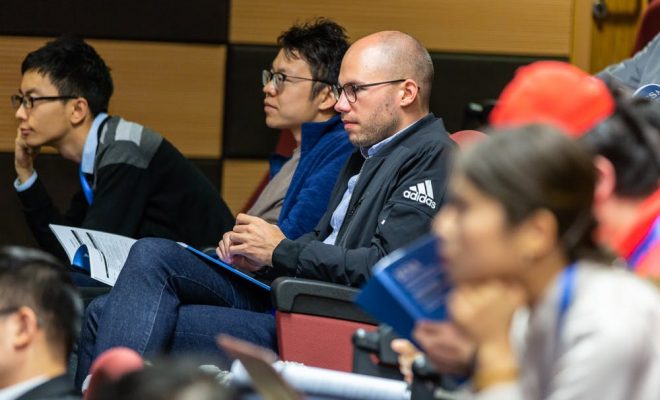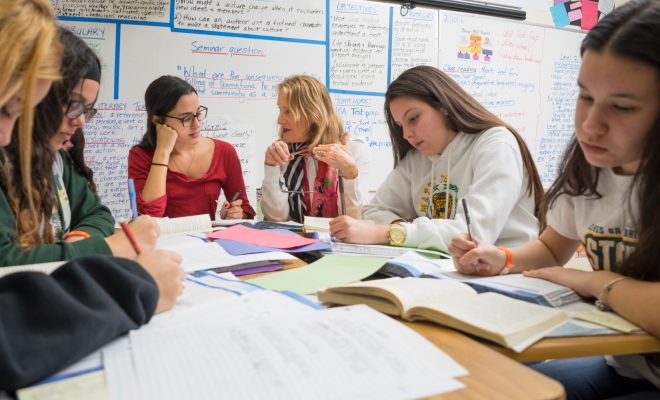What Matters When Identifying and Serving Gifted Students from Low Income Backgrounds?

Gifted students are those whose creative, intellectual, artistic, leadership, or specific content abilities are greater than those of the average student. Gifted children are often put in special programs or classes to satisfy their curiosity and intellectual needs. The placement of gifted students into these programs is, in many cases, based on teacher and parent recommendations.
Gifted students can come from any background, but unfortunately gifted students from low-income backgrounds are seldom identified and represented in these special gifted programs.
Gifted students from low-income backgrounds are underrepresented
Schools in the United States miss out on many opportunities when they fail to recognize gifted students from low-income backgrounds. Many gifted students from low-income backgrounds are not recognized as gifted and thus are not placed in these gifted programs for a variety of reasons.
Usually, entry of a student into a gifted program is up to the discretion of a parent or teacher. Parents of low-income students may not encourage the placement of their student into a gifted program because of cultural differences, a fear that their child will be even more different from his peers, or a fear that the gifted program may consume the child’s time that he would otherwise be spending earning money or helping take care of younger siblings. The gifted student himself may share these same fears and not advocate for his gifted needs.
Opportunities outside of school also weigh into the mix. Economically advantaged students have more opportunities outside of the classroom for gifted enrichment, whereas disadvantaged students do not. They must rely on the public education system.
The biggest issue may be a stigma placed on minority low-income students. Some teachers may feel that low-income students are generally lazy or lack work-ethic, when in reality these students may have difficulty completing their homework because they lack internet access at home, lack money to buy materials for projects, or lack the time after school to work on homework because they must instead work to earn money for their family.
How to identify gifted students from low-income backgrounds
Due to these issues at play, it is especially important for teachers to be advocates for these underrepresented gifted students. Identifying these gifted students is the first step in this advocacy. It can be difficult to distinguish gifted students from high-achieving students. While these categories can sometimes overlap, there are large differences between the two classifications. Gifted students, as opposed to high-achieving students:
- Have the ability to find and solve difficult and unusual problems
- See connections, relationships, and understand multiple perspectives with ease
- Ask a lot of questions
- Have advanced vocabulary and communication skills
- Love to read
- Can understand abstract and complex concepts
- Concentrate for long periods of time on areas of interest
- Are usually aware that they are different
- Are usually introverts
- Have a constant need for mental stimulation to avoid boredom
How to serve gifted students from low-income backgrounds
The most valuable way you can assist gifted students from low-income backgrounds is to advocate for them. Be hyper-aware of the gifted students that could be in your classroom and seek out the appropriate programs and opportunities for them.
It is equally as important to teach gifted students to advocate for themselves. Coming from low-income backgrounds, these students often put their own interests secondary to the interests of their family’s well-being. You must show the student that reaching their own full potential is the best way they can help their family.
Gifted students from low-income backgrounds may also be afraid of ridicule by their peers. As so many of these students are underrepresented in gifted programs, a minority student may be the only student of color in the entire gifted class. Children don’t like feeling different from others, so you must also teach the gifted student to embrace her unique abilities.
Changing the way low-income students are represented in gifted programs will not occur overnight. Change will occur one student at a time, and these students need you to find them and to advocate for them.






